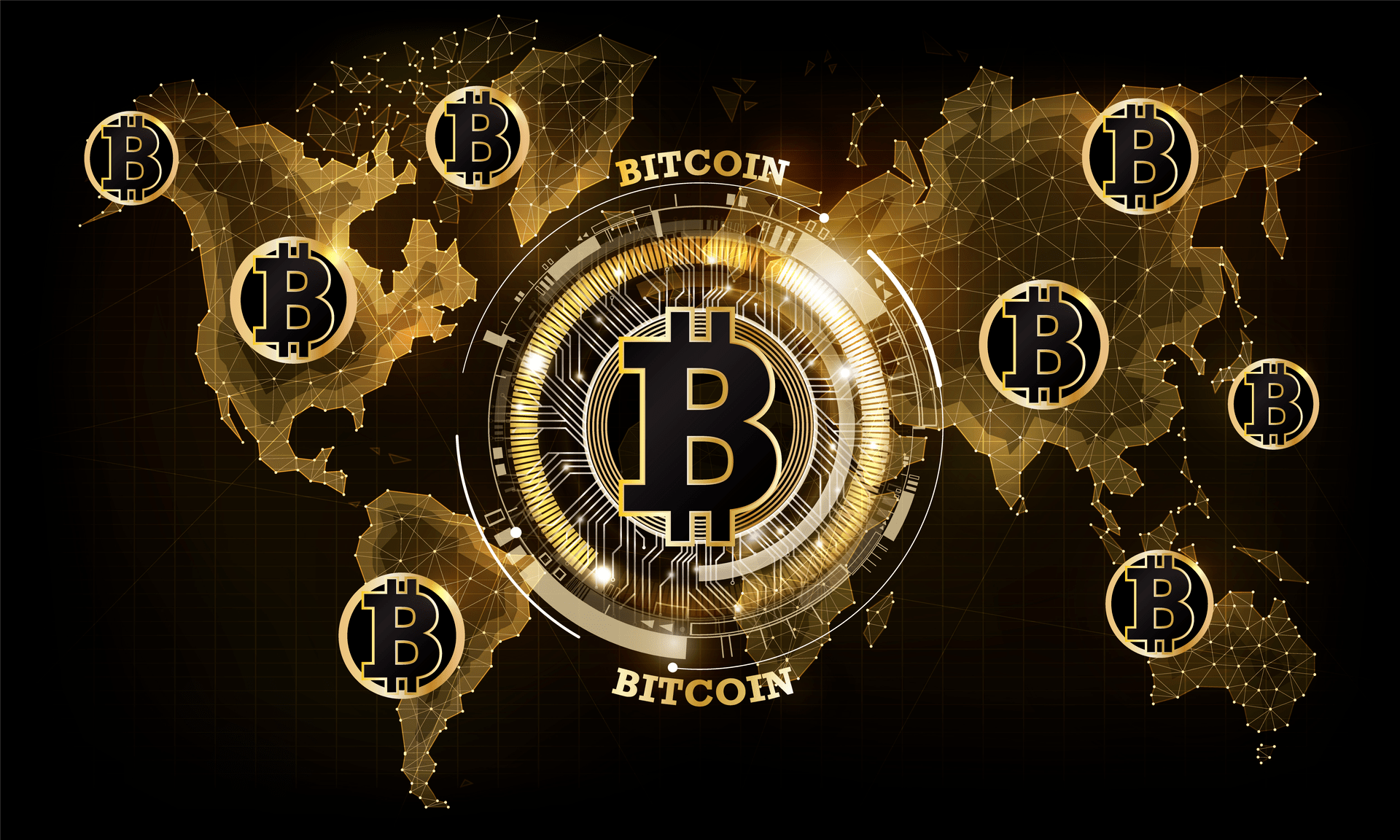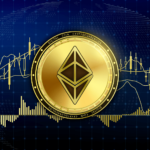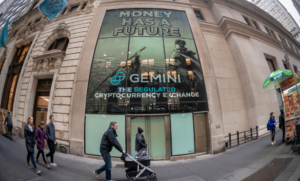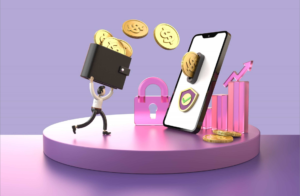
Bitcoin is often referred to as ‘digital gold’, which gives us some clue about what it is used for.
Gold has traditionally been used as a store of value. As an asset that can be acquired and exchanged as a means of transfer, gold retains purchasing power for the future. Another asset that is used as a store of value is cash. The main difference between these two stores of value is that cash, that can be printed as per a government’s decree, runs the risk of being subjected to inflation, while gold, being relatively stable and having a fixed supply, is often seen as a hedge against inflation.
So why is cash more commonly used compared to gold as a medium of transaction? The answer is simple – gold is not as convenient as cash to bring around, much less to send overseas. If we used gold as an everyday medium of transaction, we would have to carry the physical gold bar, sell it at a shop for cash, and then send the cash overseas. In the process, the middlemen that are helping you execute your money transfer will each take a cut, resulting in a diminished value.
Bitcoin has the potential to be a superior store of value. Like gold, because it isn’t issued by the government, and has a fixed supply of 21 million, it is also immune to inflation. Unlike gold, however, bitcoin can directly be sent to others across the world without any middlemen to siphon off its value. This makes bitcoin potentially superior to gold as a store of value. Bitcoin derives its value from the market. And as with other assets, its value can be determined by two things – scarcity and utility.
Scarcity is the basis for all economics.
With the underlying assumption that there are unlimited wants, but limited resources, the scarcer a resource, the more valuable it becomes. This is one of the reasons why gold is valuable; realistically, gold is difficult to mine, and has a limited supply, and therefore is scarce. The creation of bitcoin came with a stipulation set in its source code – there will only be 21 million bitcoins that will ever exist. In addition, similar to gold, new bitcoins are generated by a process called mining. Because bitcoin is difficult to obtain and has a fixed supply, it is also considered scarce, and therefore valuable.
Utility is also another important factor.
If an asset has a real use-case, it adds value to the asset. For bitcoin, it is potentially useful as a medium of transaction, a store of value, as well as a speculative asset. People can send it to others across the world, buy it to trade, and now, even purchase Tesla cars with it.
To add even more value to bitcoin, we can apply Metcalfe’s Law, which defines a network’s value as proportional to the square of the number of its users. Simply put, the more people using the network, the more valuable it becomes. Just like the first telephone, or the rapid adoption of the Internet, bitcoin’s increasing network also makes it more and more valuable.
Bitcoin’s decentralised blockchain technology also makes it extremely secure. Decentralised networks are networks that have distributed power, rather than its centralised counterparts. Most banks are centralised, and there are issues that centralised financial systems are affected by, including fraud, forgery, questionable lending processes and more. While cash and even gold are susceptible to forgery, bitcoin is unforgeable.
That being said, bitcoin is currently mostly used as a speculative asset which fluctuates in value, rather than a store of value at the moment. A speculative asset is one that people, or institutions, purchase, in the hopes that they can make a profit when prices increase. From the current price action of bitcoin, it could take some time for prices to stabilise and definitively be known as a stable store of value.
To recap, here’s a quick comparison of cash, bitcoin, and gold.
Fiat Money (Cash) | Gold | Bitcoin |
|---|---|---|
Easy to carry | Inconvenient to carry | No carrying required |
Globally accepted for goods and services | Rarely accepted for goods and services | Increasingly accepted for goods and services |
Foregeable | Foregeable | Unforgeable |
Multiple Currencies | Global Currency | Global Currency |
Unlimited supply | Unlimited supply | Limited supply |






